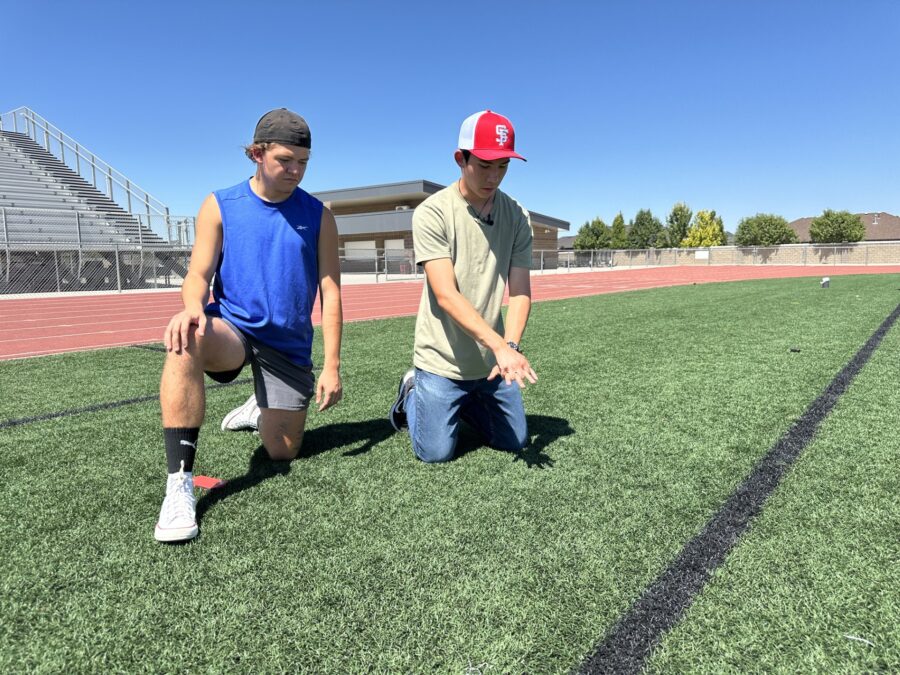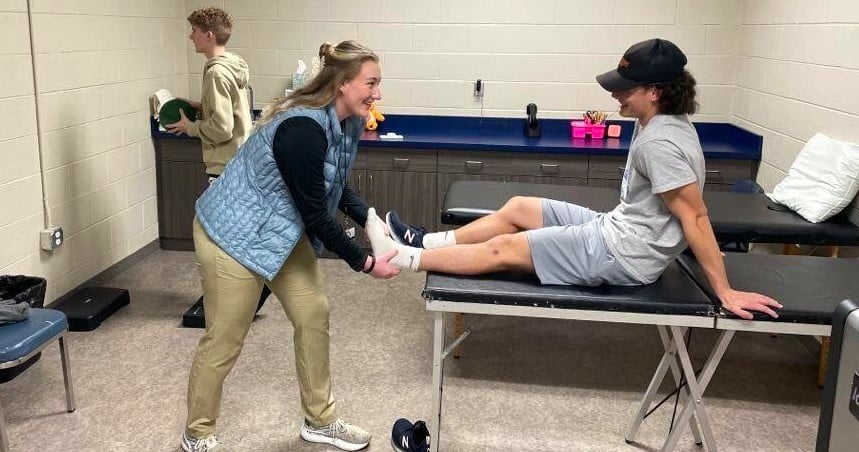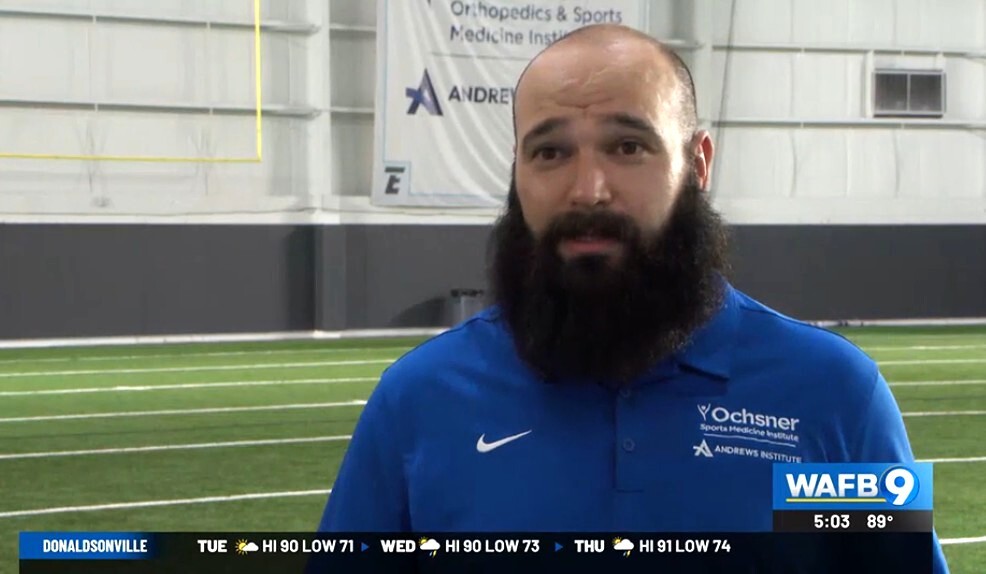Training for the Worst: Athletic Trainers Sharpen Emergency Response Skills
In Worcester, Massachusetts, and Billings, Montana, Athletic Trainers are honing their skills in emergency response scenarios to ensure they are prepared for the worst-case situations on and off the field.
They recognize that when seconds count, their ability to act swiftly and effectively can be the difference between life and death. At the Buffone Rink in Worcester, Dr. Lee Mancini, head of sports medicine at UMass Memorial, led a group of doctors and Athletic Trainers from local colleges and high schools in practicing emergency scenarios specific to hockey injuries.
At the Buffone Rink in Worcester, Dr. Lee Mancini, head of sports medicine at UMass Memorial, led a group of doctors and Athletic Trainers from local colleges and high schools in practicing emergency scenarios specific to hockey injuries.
The training focused on spinal injuries and lacerations, emphasizing the need for precision and speed. The group meets several times a year to practice life-saving techniques across various sports, including football, soccer, and lacrosse.
Krystle Robleski, director of sports performance at Assumption University said:
"The more that you practice and the more that you rehearse, the more that you've trained your body to respond in the event of an emergency or stressful situation."
Her sentiments were echoed by Sharona Mallach, associate Athletic Trainer at Anna Maria College, who emphasized the importance of practice for Athletic Trainers, just as it is for athletes.
"The better you practice, the better you're going to perform under pressure."
Similarly, in Billings, Montana, MSU Billings hosted an emergency training session for Athletic Trainers.
 The focus of the session was to equip trainers, especially those in rural areas, with the skills needed to manage injuries where resources may be limited.
The focus of the session was to equip trainers, especially those in rural areas, with the skills needed to manage injuries where resources may be limited.
Don Gleason, a veteran Athletic Trainer with 47 years of experience, underscored the importance of constant practice, stated:
"We can't practice enough, because there are so many different scenarios that you have to be able to deal with."
Kylie Izzi McKinney, clinical coordinator of the program, highlighted the unique challenges faced by Athletic Trainers in rural settings.
"Being out in the elements... we really have to think and practice those critical skills."
The training covered a range of emergencies, from sprains to cardiac arrest, preparing ATs to respond to the most critical situations.
Both programs reflect a shared commitment to ensuring the safety and well-being of athletes. As the new school year begins, these life-saving skills will be crucial in protecting athletes.
Unfortunately, in the past ten days (as of this writing), there have been 5 student-athlete deaths in Alabama, Florida, Texas, Virginia, and Maryland. Proof that more work needs to be done, more quality life-saving equipment needs to be available, and that Athletic Trainers always need to be on hand at every practice and game...
![HR Logo [Recovered]_Full Color Vertical-1](https://blog.healthyroster.com/hs-fs/hubfs/HR%20Logo%20%5BRecovered%5D_Full%20Color%20Vertical-1.png?width=199&height=178&name=HR%20Logo%20%5BRecovered%5D_Full%20Color%20Vertical-1.png)
 By
By


